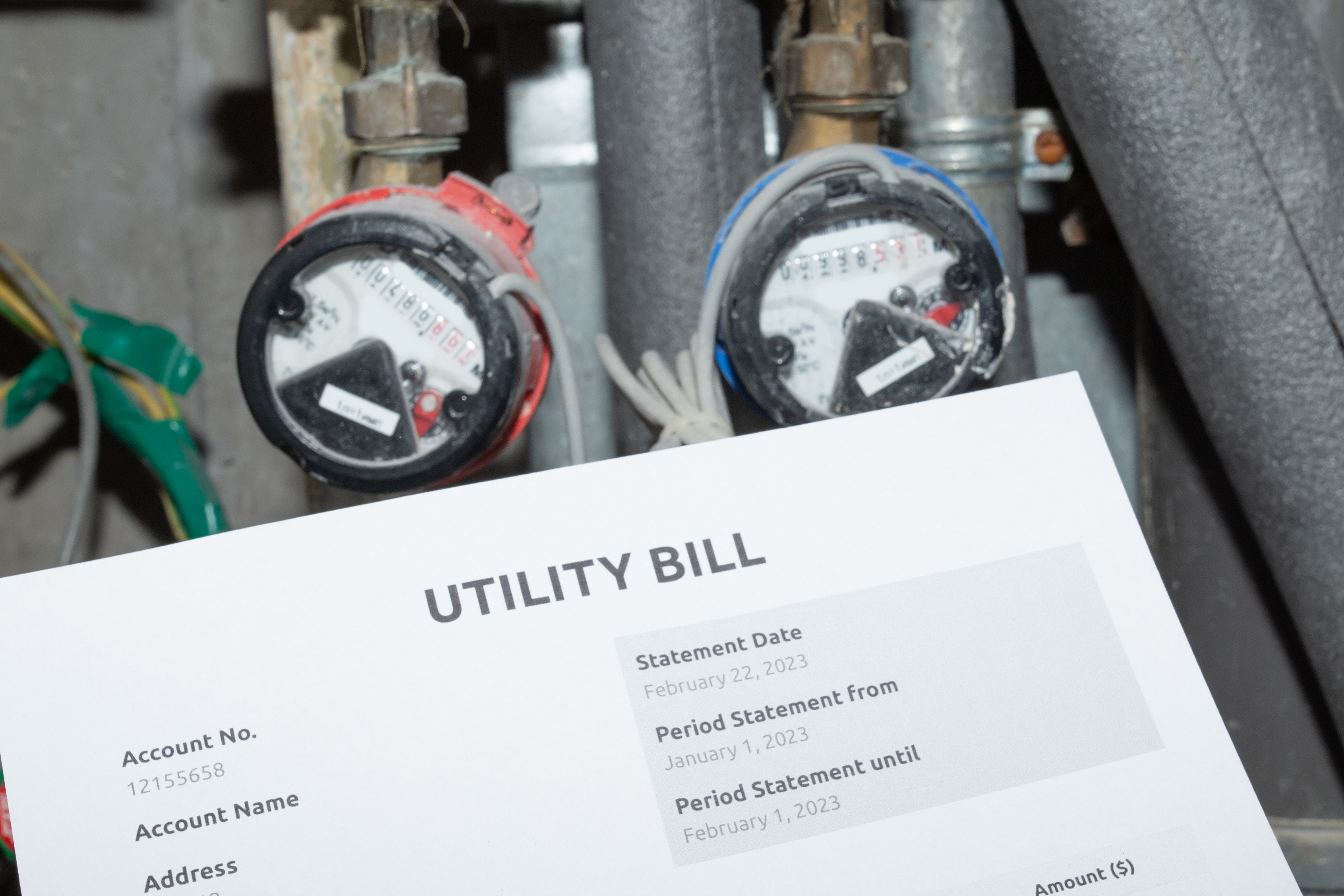Water bills in the UK are on the rise, and unfortunately this trend is likely to continue. In this blog, we explore the reasons behind the increases and discuss how we can help water companies engage with their customers to encourage them to reduce consumption, take up water meters, and ultimately lower their bills.
The rising cost of water
In 2023, the average household water bill in the UK was £608 per year. That’s a significant increase from 2004, when it was roughly half that amount. Recent years have seen the steepest hikes. According to the Office for National Statistics (ONS), water supply charges rose by 9.4% in 2023, on top of a 3.3% rise the previous year. When you consider that over the past decade, the average annual increase has been 2.2%, that’s a significant hike.
Why water bills will continue to rise
The UK water industry faces severe funding challenges, exacerbated by political and regulatory decisions that prioritised low consumer bills over necessary infrastructure investments. In a recent article in Utility Week, former Downing Street advisor Tara Singh urged an end to this short-sighted approach. She explained that the root cause of the crisis lies with politicians and the regulator Ofwat, who have consistently favoured short-term consumer interests.
For over a decade, warnings about the unsustainable debt levels of water companies were ignored, with the government expecting private companies to manage their capital structures independently. This approach led to high debt and low bills, but it also undermined the investment needed for long-term infrastructure. Delays in sustainable urban drainage solutions, inadequate control of agricultural runoff, and insufficient climate resilience measures have all compounded the problem. Without urgent upgrades, the UK could face water shortages within 20 years.
The need for a strategic reset
Addressing the water crisis requires a comprehensive reset. Singh advocates for a robust government water strategy that supports long-term investments, accommodates climate change and population growth challenges, and moves beyond reactive pollution control. Overhauling planning policies to expedite infrastructure projects and transparently communicating the necessary investments and returns are crucial to attracting new equity. That means higher bills, though unpopular, are essential for the sector’s sustainability.
Water companies have a responsibility to help customers understand the impending changes and advise them on proactive action they can take to reduce their water consumption and navigate the wave of rising costs.
A behavioural science-based customer engagement program is an effective solution. By using data science and behavioural science techniques, we can deliver personalised insights and advice to individual customers, helping them understand their water consumption and encouraging them to adopt water-saving habits.
How we can help…
A behavioural science based customer engagement programme like ours is the perfect solution. We use data science and behavioural science techniques to communicate personalised insights and advice directly to individual customers, helping them understand their water consumption and encouraging them adopt water-saving habits.
Advice can include:
- Identify and fix leaks: Even small drips can accumulate over time and increase your bill. If your bill is unusually high, contact your water company to check for leaks.
- Install water-saving devices: Consider aerated taps or low-flow showerheads. Your water company might provide these for free.
- Limit shower time: Reducing shower time by even a minute can lead to significant savings.
- Wash full loads only: Run washing machines and dishwashers only when full.
- Use a water meter: Regularly reading your meter can help detect anomalies early.
Supporting vulnerable customers
A customer engagement program can also help water suppliers identify and support vulnerable customers. For more insights, check out our blog, “How Advizzo Provides Proactive Support for Vulnerable Customers.” Additionally, our blog, “Engaging with Customers Through a Time of Crisis – Lessons from Lockdown,” explores ways suppliers can enhance customer engagement during challenging times.
Our impact
We work with energy companies and water suppliers to improve their customer engagement and help them meet consumption reduction goals. Increased customer satisfaction, greater participation in water efficiency programs, and improved customer intelligence are just a few of the benefits we’ve seen. These successes underscore the potential for well-designed engagement programs to drive meaningful change.
Take a look at some of the results that we have achieved for water companies across the UK and the globe as a result of engagement and intervention:
- Customer satisfaction increased by up to 23 points (South East Water)
- Three times more customers engaging in additional water efficiency programs (South East Water)
- 90% increase in customer intelligence gathering for online users, leading to improved personalized insights (Anglian Water)
- 87% of customers took action to reduce consumption (DEWA – electricity and water authority in the Middle East)
Looking ahead, it’s clear that higher water bills are an unavoidable part of securing a sustainable water future. However, through effective customer engagement and strategic investment, water companies can help mitigate the impact of these increases on their customers. We want to help work with you to help you navigate the challenges ahead, and to ensure that the UK has a resilient and sustainable water supply for generations to come.
Talk to us today.
Suggested further reading
Blog – How behavioural science can support smart meter deployment
Blog – Build Versus Buy – why buying Advizzo’s off-the-shelf solution is a no brainer!
Case study – New project with Yorkshire Water announced
Case study – Advizzo announces new engagement with Severn Trent Water
Contact: Julien Lancha
